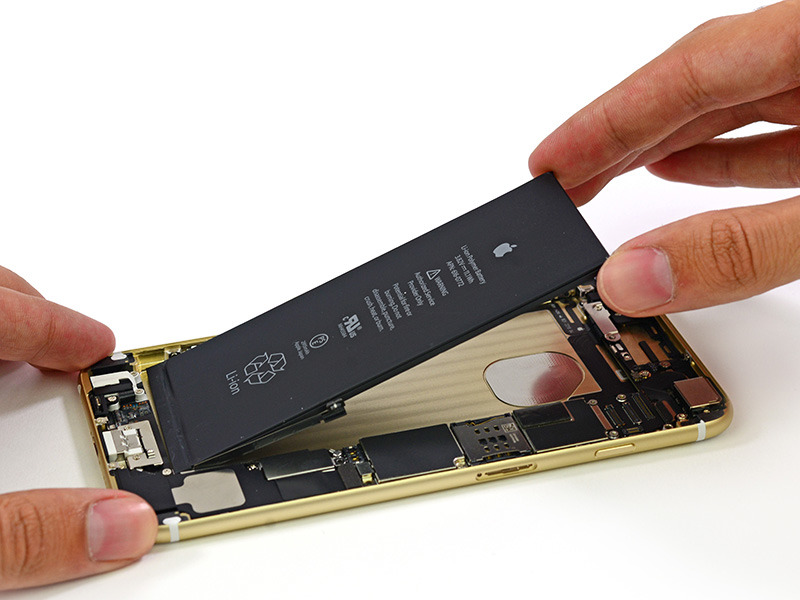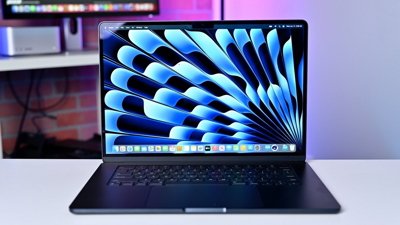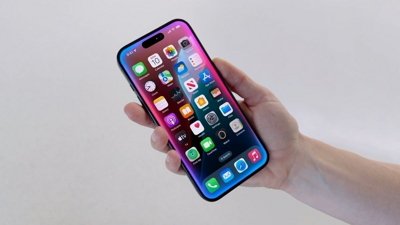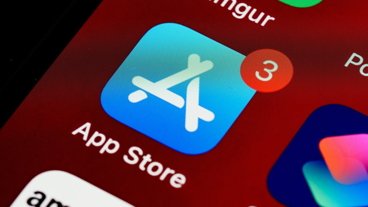Taking a different tack, another class action lawsuit — following Apple's admission that it slows down iPhones with weakened batteries — charges that the company made the change to avoid the full cost of fixing defects.
In a filing with the U.S. District Court for the Northern District of California, lawyers for plaintiff Keaton Harvey explained that a prior iPhone 6 of his suffered from spontaneously shutdowns despite having more than 50 percent charge, and became extremely slow, eventually leading him to buy a new iPhone at a cost of over $1,000.
The attorneys noted that in Nov. 2016, Apple admitted to a "very small" number of iPhone 6s and 6s Plus units having problems with similar shutdowns as it launched a limited battery replacement program. The company later acknowledged that other iPhone models were impacted as well, and the Harvey lawsuit accuses Apple of making "deliberately misleading" statements, using the slowdown mechanism in iOS to avoid replacing batteries for all affected iPhones, rather than just 6s models.
Throttling "allowed Apple to conceal the true nature and scope of the battery defect and to avoid expending time, money, and effort on correcting it," according to the court filing, with the "added benefit" that people dealing with slower iPhones would be prompted to upgrade.
The lawsuit asks that Apple notify iPhone owners about the modifications it made to iOS, fix the software to restore performance, reimburse people who bought defective iPhones and/or tried to repair or replace them, and supply new batteries to people who still have poorly-performing hardware.
Apple has been hit by a small barrage of lawsuits following a Wednesday statement in which claimed that a 2016 iOS update for the iPhone 6, 6s, and SE was intended to "smooth out the instantaneous peaks" and prevent phones with cold or degraded batteries from suddenly shutting down.
"We've now extended that feature to iPhone 7 with iOS 11.2, and plan to add support for other products in the future," it added.
 Roger Fingas
Roger Fingas








 Marko Zivkovic
Marko Zivkovic
 Wesley Hilliard
Wesley Hilliard
 Christine McKee
Christine McKee


 Malcolm Owen
Malcolm Owen
 William Gallagher
William Gallagher
 Andrew O'Hara
Andrew O'Hara







129 Comments
Apple can prove that it wasn't defect but keep older iphone running smooth with degrading battery due to age/usage and newer bigger IOS installed on older phones..
They’re getting closer to getting the lawsuit to stick...
But the most perplexing thing is Apple doesn’t see to realize they’ve done anything wrong.
Lawyering-up isn’t going to solve their PR problem.
I think the lawsuits could win under the Lemon Law (implied warranties).
There are two types of warranties for product purchases, express warranties and implied warranties. Express warranties make specific promises about product repair, and are usually made in writing. An express warranty may be provided by the manufacturers in owner's manuals and other written sales or marketing materials. Implied warranties arise from a manufacturer's duty to meet certain minimum standards of quality whereby the product is fit for use for the purpose intended. An implied warranty arises from the sale itself, and need not be in writing. In each type the manufacturer assumes the liability and responsibility to correct the defect and, in the event that they cannot meet that duty, may be required to repurchase or replace the product.
This is going to be messy on Apple.
Wait so this guy was so pissed about performance of his previous iPhone he was then forced to buy what seems an iPhone X? While I don’t want to assume that every single person in these lawsuits against tech companies like Apple are douches since I don’t know all the facts 90% of the time they read like real douches.
My iPhone 6+ had this sudden shutdown issue. I don’t know if my experience was unique. My shutdown issue appeared to have been caused by me charging my 6+ With my iPad charger. I had starting using the iPad charger after reading it would charge the phone faster. Once I ceased that practice and used the supplied charger; no more phone shutting off with the battery indicator showing anywhere from 30-40% battery life remaining.